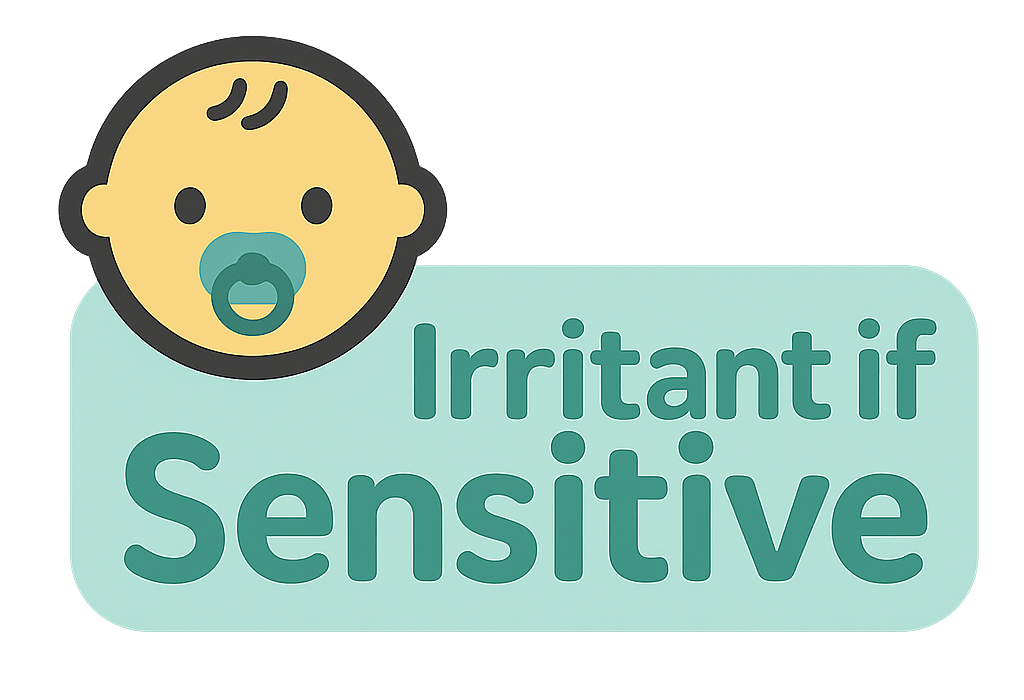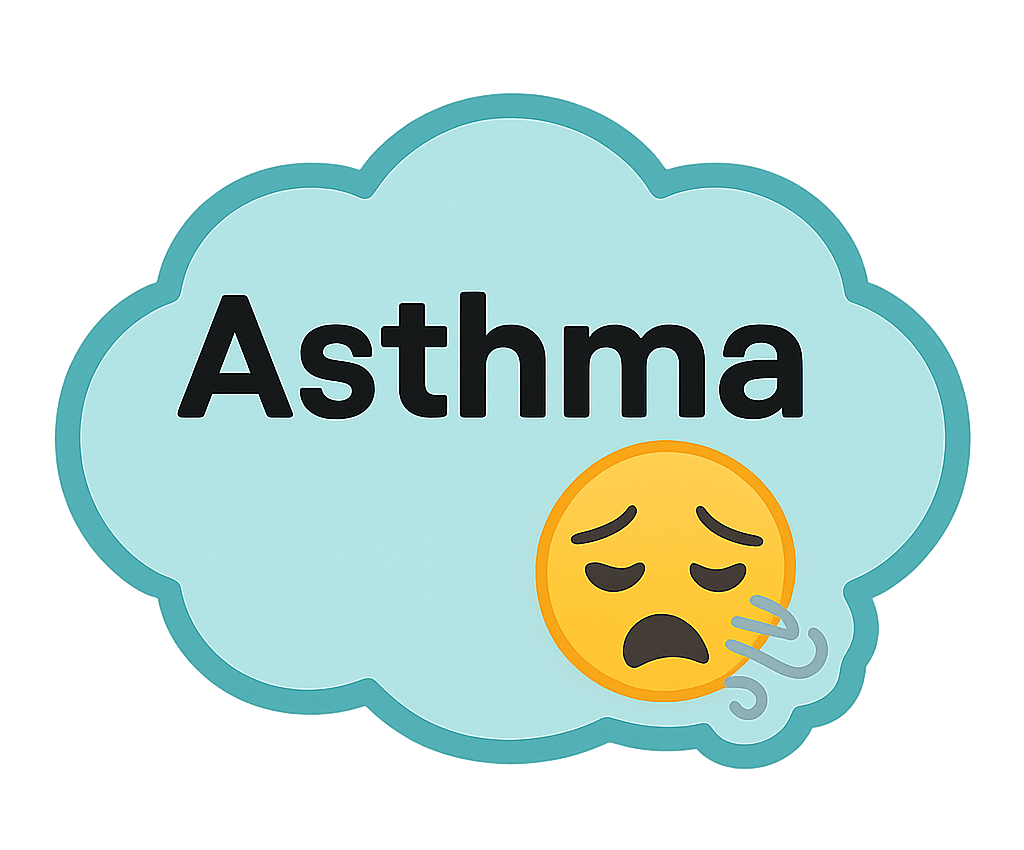Check for Different Age (6 available)
Is this safe for 0-6 month old newborns to use Isobutane?
ℹ️General Overview
For newborns and infants (0–6 months), isobutane is not a good choice. It’s a flammable gas used in spray products and can irritate the baby’s skin and breathing system. Some governments limit its use in cosmetics and there are reports of possible contamination with other harmful chemicals.
✅What to Do
Avoid products labeled as aerosols, sprays or that list butane/isobutane on the label for your baby. Choose pump bottles, creams, wipes or products specifically labeled safe for newborns and infants. If a sprayed product is used in the home, keep the baby out of the room until the air is clear and ventilated.
⚠️Warnings
Watch for redness, rash, coughing, wheeze or trouble breathing after any exposure; if you see these, stop use and seek medical help. Be careful about flammability — keep products with isobutane away from heat, open flames and do not store near heaters. Health Canada and European cosmetic rules have restrictions on cosmetic uses, and safety reviewers note strong evidence of skin irritation and allergic reactions (Cosmetic safety reviews). Contamination with butadiene has been flagged as a concern; this is why many regulators limit or restrict its use in consumer products.
Are you holding the product?
Scan the full ingredient label and understand if it's safe for your child.
Safety Risk Labels
This ingredient has the following documented risks:






Tap or hover over labels to see detailed risk information.
Alternative Names for Isobutane
This ingredient may also be listed as:
Always check ingredient labels carefully, as ingredients may be listed under different names.
Products Containing Isobutane
This ingredient is found in the following products:
This list shows products that contain Isobutane or its alternative names.
Common Questions About Isobutane
Is this ingredient safe for newborns to use Isobutane?
Isobutane is not recommended for 0-6 month old babies due to potential safety risks.
What are the organ risk risks of Isobutane for newborns?
May harm organs like liver, kidneys, or lungs with repeated use. This is especially important for babies whose skin and systems are still developing.
What are the banned risks of Isobutane for newborns?
Banned or heavily restricted in one or more countries. This is especially important for babies whose skin and systems are still developing.
What are the irritant risks of Isobutane for newborns?
Can cause skin redness, itchiness, or rashes—especially on sensitive baby skin. This is especially important for babies whose skin and systems are still developing.
What are the asthma risks of Isobutane for newborns?
Can make breathing issues like asthma worse in babies and kids. This is especially important for babies whose skin and systems are still developing.
What are the immune system risks of Isobutane for newborns?
Could weaken or confuse immune system. This is especially important for babies whose skin and systems are still developing.
What are the eczema risks of Isobutane for newborns?
Linked to triggering or worsening eczema and similar skin conditions. This is especially important for babies whose skin and systems are still developing.
What products contain Isobutane?
Isobutane is commonly found in skincare products, cosmetics, and topical applications. Always check ingredient labels before use.
When can infants start using products with Isobutane?
The appropriate age depends on the specific ingredient properties and concentration. This analysis is for 0-6 month old babies. Use the age selector above to check other ages.
Want to scan another product?
Use our camera scanner to analyze more ingredient labels
Scan Another Product